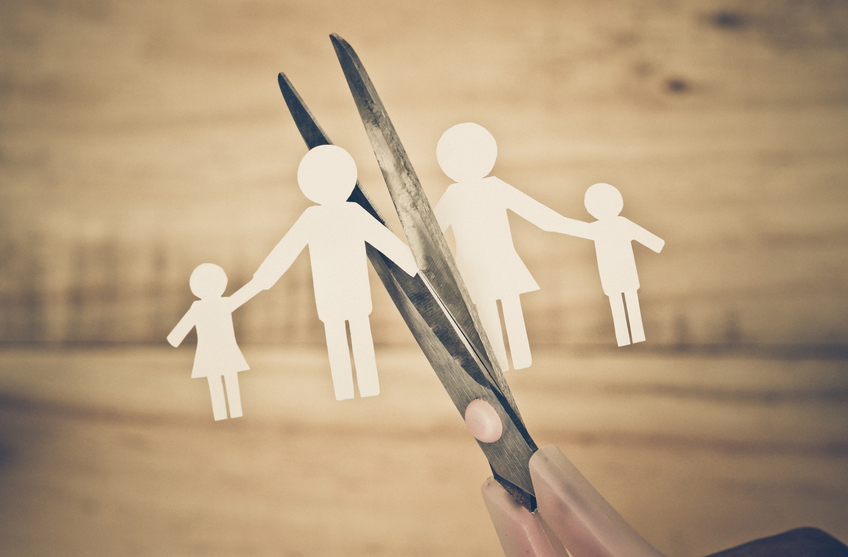Things between you and your spouse haven’t been good. In fact, they’ve been downright awful. Days turn into weeks, weeks into months and months into years. The looming possibility of divorce feels like a growing lump in your throat and you’ve finally decided to deal with it. It’s over. As deeply painful as it is, knowing that you’re ending your relationship, it’s your kids that your heart goes out to.
 Times like these can be among the most traumatic events for a child to go through. Unlike adults (who are also struggling to make it through a time like this), kids are unable to process the conflicting and intense emotions that a divorce is sure to bring about. This is a time of emotional panic for a child, but it does not have to be a family apocalypse. To help guide your child through of a divorce in a healthy and positive way, consider the following methods to help them make it through.
Times like these can be among the most traumatic events for a child to go through. Unlike adults (who are also struggling to make it through a time like this), kids are unable to process the conflicting and intense emotions that a divorce is sure to bring about. This is a time of emotional panic for a child, but it does not have to be a family apocalypse. To help guide your child through of a divorce in a healthy and positive way, consider the following methods to help them make it through.
Be accepting. Expect your children’s emotions to run the gamut from sadness, to guilt, to confusion, to anger or even rage. This is normal. But rather than dismissing their sadness by distraction, consoling or advice (for example), accept the fact that this is what they are feeling and your trying to convince them otherwise, will only make it worse.
Simply listen and be non-judgmental. Making it through the hurt and sadness will be determined by how their feelings are handled in the moment. How would you respond if someone were to tell you, “You’ll be fine, don’t let it get to you” or “Everyone gets divorced these days; it’s not a big deal.” Roadblocks to communication harm the progress of the child (or adult!) as well as harm the parent-child relationship.
Be a role model. The absolute most powerful way to influence your children is not by what you say, but by what you do. By a long shot. With no prior experience in handling the emotions that come with a divorce, your children will likely look to you to figure out how to deal. If you are hostile and insulting to your soon-to-be ex-spouse, you are in essence telling your children: “This is how you behave when you are upset.” In the same turn, if you are cordial and respectful, you are also telling your children that even though this is an unpleasant time, you can still show respect to another person. And so on and so forth.
By accepting your children’s emotions and through modeling, you will create an environment that is safe, accepting, loving as well as virtuous. With their lower-level emotional needs at risk during a divorce, this is a tricky time for them and for you. If you can take the time to Active Listen to them and avoid the Communication Roadblocks, your family will be one step ahead of the game.

